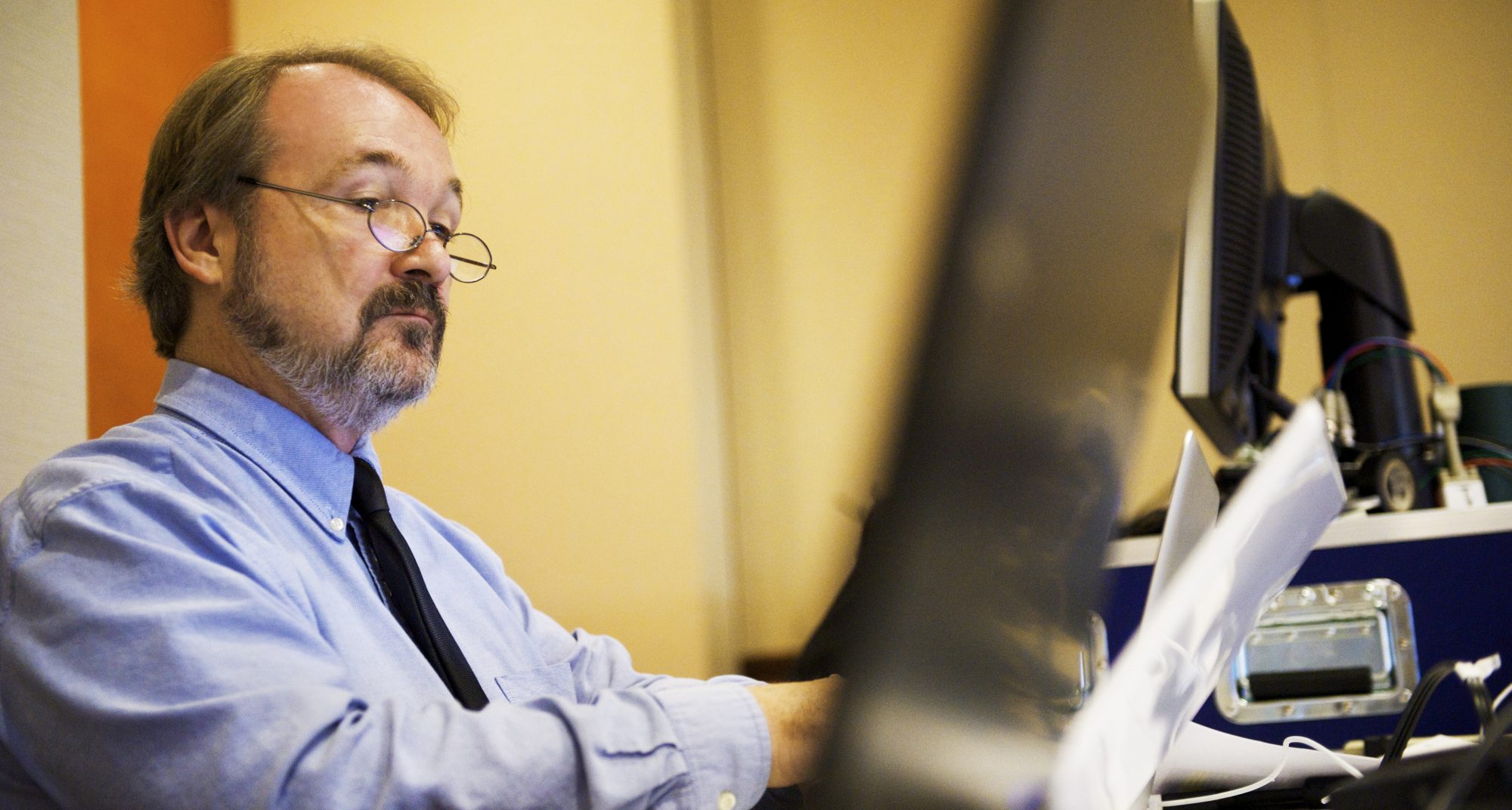
I don’t know what any of this means, so I’m just going to tell you and maybe you can figure it out.
Our region had a pretty substantial rain event on April 15th of this year, which resulted in a lot of road shoulders washed out around our town, a couple of culverts failing, a couple of sinkholes. We have a professional highway crew of two people to serve our ten miles of paved and twenty-six miles of unpaved roads, and they went through a lot of work to bring all of those locations back to pre-storm condition.
After about two months, FEMA finally determined that rain event was an eligible disaster, qualifying us for partial reimbursement. Our road foreman, having worked before with FEMA and on lots of road-improvement grants, had done all of the work of taking before-and-after pictures linked to latitude and longitude coordinates (who knew that cameras were capable of doing geodata? I’m so old…), recording timesheets and equipment logs for eligible Town work, keeping receipts for purchased gravel and crushed stone. So we’re in good shape to apply for reimbursement.
The overall costs we could reasonably apply to this event’s repairs total about $45,000, and FEMA reimburses at a 75% rate, so we’re eligible to receive maybe $34K. That’d be good; it’s about ten percent of our overall highway budget for the year.
But here’s the problem. We had a start-up phone call this morning that included six people, for about forty minutes. The purpose of that call was to set us up for our first face-to-face meeting in a month, three or so hours with eight people coming from as far away as the state capitol, a two-hour drive. And then there are the bookkeepers who will handle all of our receipts and timesheets, and examine them against the Town’s insurance policy and employment policy and procurement policy. Between the personnel costs and the accounting costs and the documentation costs, this project is going to eat almost as much in overhead as it does in cash reimbursement—our $35K is going to cost $70K.
I’ve had this conversation in the past, with someone making about $100K a year whose job is to coordinate legislative advocacy for children’s health care. At some point, isn’t it just cheaper to put a barrel of money and a shovel on the side of the road and let people take what they need?
The problem, it seems, is graft. If we don’t supervise every single detail, then the unscrupulous will take every advantage. See, for instance, the well-to-do parents in Chicago who are helping their children file for emancipation so that they qualify for more financial aid for their expensive colleges. So every rule, every clause, every form, every moment of oversight, is there to keep (mostly wealthy) people from taking more than they should. Most “welfare queens” are in the uppermost tax brackets, and always have been. In fact, I’ll put forth a first principle of governance: it ought to be easy for people without money to get some, and hard for people with money to get more.
Anyway, here’s my challenge, to any economist or forensic accountants out there who want an interesting (and perhaps revolutionary) research project. Does the cost to prevent theft and waste equal as much as might be stolen or wasted in the first place? Would we save money and be more effective by putting (metaphoric) barrels of cash in impoverished neighborhoods so that people just aren’t poor? What if we just drove into Flint with a team of excavators and plumbers, and replaced the city’s water system for free this summer? Wouldn’t that be cheaper than all of the investment in tracking down exactly which household or which street qualified for what kind of repair?
What if your hospital, instead of verifying your insurance and filing a claim for each discrete billing code, just said “Come on in, we’ll fix you up.” I read an article not long ago about an American woman who was staying in Iceland, who was worried about a lump in her breast and called the local clinic. They were confused at her questions about “appointments” and “referrals,” and just told her to come in whenever it was convenient. Three dollars, one lab test, and four days later, she was determined to have a cyst rather than a tumor. Done. Why do we freak out about stuff like this? It’s so easy that every other country has figured out how to do it!
Lest you imagine that this is an anti-big-government screed, you can take any sentence you like and fill it in with Comcast or Blue Cross or the Toyota Motor Company or Stanford University and get the same answer. We have a cultural question, not merely an organizational one.
As the saying goes, haters gonna hate. So too, grifters gonna grift. What if we were able to be brave enough to admit that, to know that we can’t prevent every bit of it, to absorb some level of loss, and by so doing, save a cubic shit-ton by not overseeing everything? Our drive to efficiency and fairness has made us enormously inefficient and unfair.




